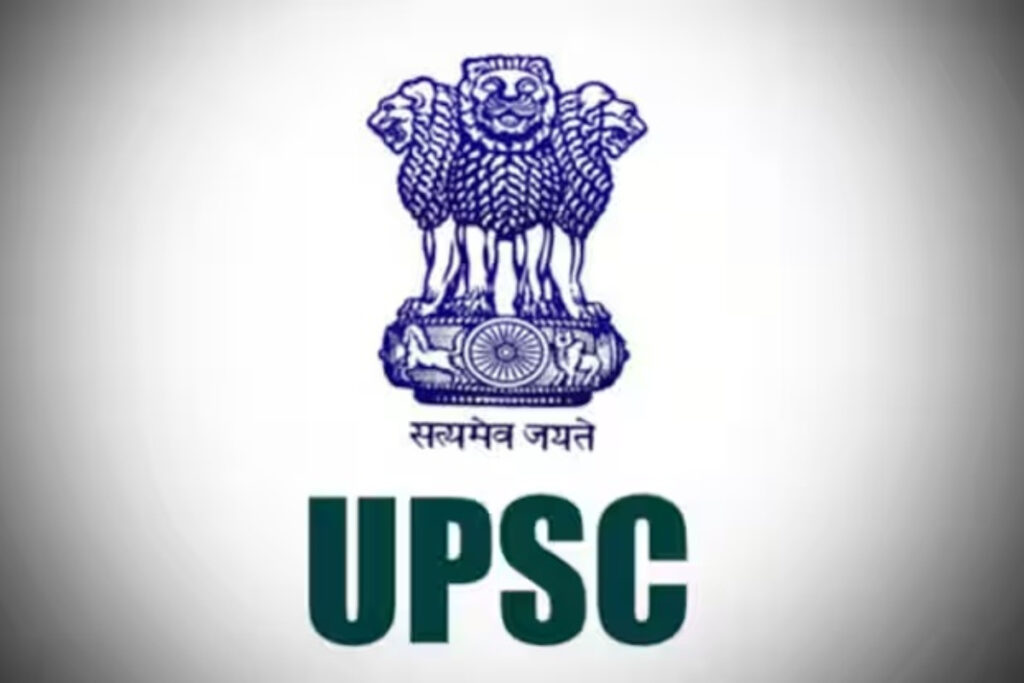The Union Public Service Commission (UPSC) exam is one of the most challenging competitive exams in India. To succeed, aspirants must strategize and make effective use of available resources. One such invaluable resource is the collection of previous year question papers for both the Preliminary and Main exams. These papers serve as a blueprint for understanding the exam pattern, question types, and level of difficulty. Here is a detailed guide on how to use previous year papers to enhance your UPSC preparation.
1. Understand the Exam Pattern
UPSC Prelims consists of two papers:
- General Studies (GS) Paper I
- Civil Services Aptitude Test (CSAT)
Mains comprises nine descriptive papers, including:
- Essay
- General Studies Papers I-IV
- Two optional subject papers
- Compulsory language papers
Previous year papers provide clarity on:
- The number of questions in each section.
- Marks distribution.
- Topics frequently covered in the syllabus.
2. Identify Trends in Question Types
By analyzing past papers, you can:
- Detect recurring themes and topics.
- Understand the weightage of various subjects (e.g., History, Polity, Environment, etc.).
- Spot frequently asked question formats, such as:
- Assertion-Reason type in Prelims.
- Analytical and opinion-based questions in Mains.
Example: In General Studies Paper II (Polity and Governance), questions on fundamental rights and constitutional amendments appear consistently.
3. Focus on High-Yield Topics
Reviewing previous papers helps you identify high-yield topics that are frequently tested. For example:
- In Prelims, topics like Environment, Current Affairs, and Ancient History are often emphasized.
- In Mains, essays on social justice or governance reforms frequently appear.
4. Improve Answer Writing Skills
For Mains, writing practice is crucial. Use previous year questions to:
- Practice framing structured, concise, and relevant answers.
- Develop the habit of including subheadings, flowcharts, and diagrams.
- Understand the level of depth and analysis expected by UPSC.
Tip: After writing an answer, compare it with model answers or refer to toppers’ copies to identify areas of improvement.
5. Practice Time Management
- Solve Prelims papers in a timed environment to simulate the actual exam.
- For Mains, time yourself while writing answers to ensure you complete the paper within the stipulated time.
6. Evaluate Your Performance
While solving previous year papers:
- Assess your accuracy and speed.
- Identify your weak areas and revise those topics thoroughly.
- Keep a record of your scores to monitor improvement over time.
7. Strengthen Conceptual Clarity
When you come across unfamiliar questions, refer to standard textbooks and resources to clarify concepts. For example:
- If a Prelims question on Geography seems challenging, revisit NCERT books or refer to an atlas.
- For Mains, use advanced reference books or government reports to build in-depth knowledge.
8. Stay Updated with Current Affairs
Previous year papers often include questions linked to recent events or government initiatives. For instance:
- Economic policies like GST reforms or schemes like PM Kisan Yojana might appear in Mains.
- Read newspapers like The Hindu and refer to compilations like PIB summaries for better preparation.
9. Attempt Mock Tests Based on Previous Papers
Create mock tests using a combination of previous year questions. This approach:
- Familiarizes you with the exam’s pressure and environment.
- Helps build confidence and reduce exam anxiety.
10. Avoid Common Mistakes
- Ignoring the Mains syllabus: Many aspirants focus solely on Prelims papers. Ensure you balance preparation for both stages.
- Memorizing answers: Instead of rote learning, focus on understanding concepts and developing analytical thinking.
- Over-reliance on previous papers: While they’re important, also cover the complete syllabus and stay updated with current affairs.
Conclusion
Previous year UPSC question papers are more than just practice material; they’re a window into the examiner’s mind. By strategically utilizing them, you can refine your preparation, focus on high-priority areas, and gain the confidence to tackle the exam effectively. Combine this with disciplined study, time management, and consistent revision to achieve your dream of becoming a civil servant.
Ready to start? Visit IASZILA for expert guidance and resources to ace your UPSC journey!




